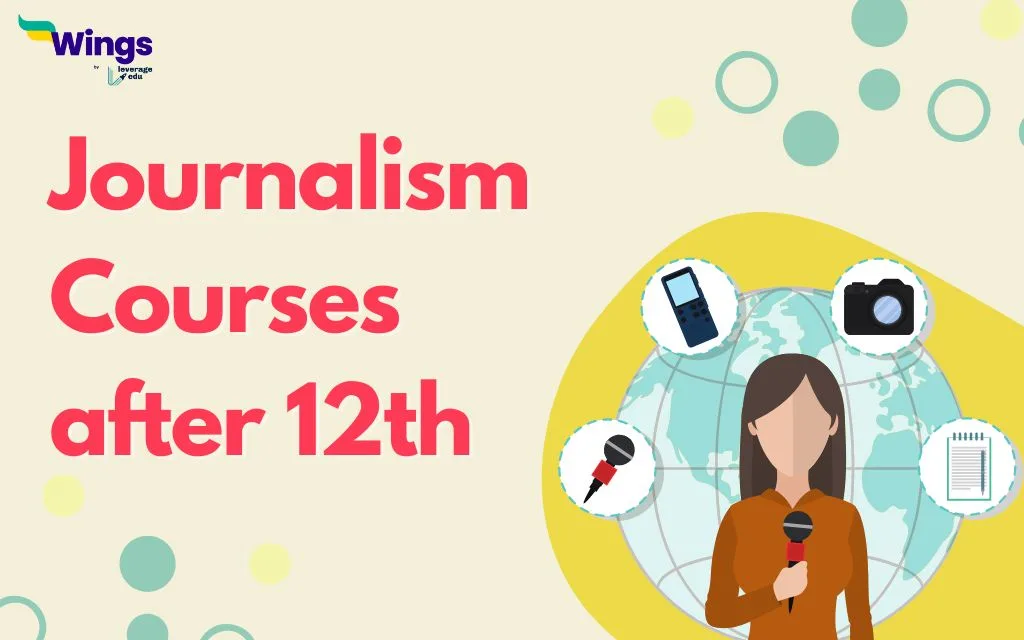Journalism is one of the most popular courses among students because of it’s versatility in several professional fields. It helps students to understand how to research, gather and deliver information to a large audience.
The rapid development in the technology industry in the past few decades has made it possible for news to be provided to several people at the same time. This characteristic makes journalism a unique form of communication that has preserved our right to information as well as freedom of speech for the past few decades. History has proved time and again that the more democratic a society is the more news and information it’s people tend to have.
Journalism has the power to influence people’s decisions and their beliefs to a great extent. It plays an important part in keeping people informed of the changing events and pressing issues at the present moment. News is interesting or even entertaining but it’s main goal is to inform as many people as possible through multiple communication mediums. It provides citizens with reliable information which is necessary for them to make the best decisions in their lives, their communities and their societies as well as for their governments.
The main subjects that are included in the curriculum for Journalism and Mass Communication are:
- Introduction to Journalism
- Introduction to Mass Communication
- Editing Techniques
- Media Laws and Indian Constitution
- Reporting Methods
- Media Management
- Advertising and Public Relations
- History of Journalism, etc.
The syllabus for the Bachelor of Journalism and Mass communication (BJMC) is:
- Writing for Media
- Socio-Economic & Political Scenario
- Introduction to Communication
- Basics of Design & Graphics
- History of Print & Broadcasting in India
- Media Laws & Ethics
- Photography
- Print Journalism
- Development & Communication
- Radio Journalism & Production
- Basics of Camera, Lights & Sound
- Television Journalism & Production
- Public Relations
- New Media
- Advertising Practices
- Media Research
- Media Organization & Management
- Global Media Scenario
Bachelor of Arts (BA) in Journalism includes the following subjects:
- History of Communication Media
- Indian State and Democratic Polity
- Communication and Mass Communication: Concept and Process
- Introduction to Journalism
- Development Communication and Rural Journalism
- Media and Cultural Studies
- IT and Online Journalism
- Reporting for Print
- Broadcast Journalism
- International Politics
- Media Laws and Ethics
- Print Journalism and Production
- International Media Scenario
The field of journalism has never stopped growing. With social activists fighting for change, growth, development, political changes and several things that keep taking place prove that a reporter’s work never stops. There are several opportunities in this field to help you create a satisfying and rewarding career.
You will be trained in writing, editing and even photography during the course. You can apply for media agencies, broadcast corporations, advertising agencies, television channels as well as radio stations. You can work behind the scenes on TV channels as a production manager, researcher and newscast director, among others.
You can also apply for government jobs after your graduation like TV Journalist, News Editor, or News Officer. You can even build a career in public administration or the public sector!
